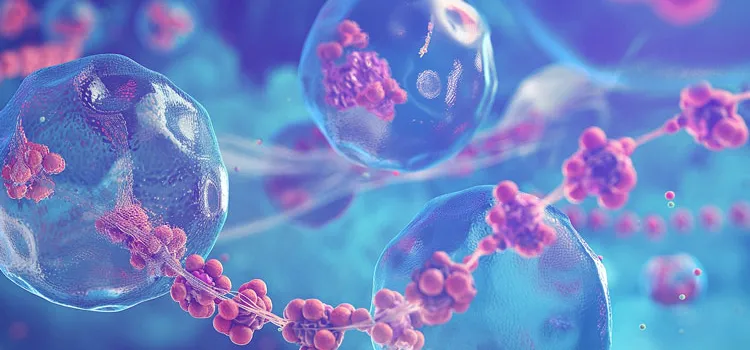Recently Diagnosed?
Getting a Rett syndrome diagnosis is one of the hardest things you’ll ever face. We know this first-hand at RSRT. We’re parents, too. Emotions can run the gamut and it can all seem overwhelming. You’re worried about your child and your family and what the future will look like. You are reading everything you can get your hands on but you are not sure how to interpret it or know if it's relevant.
You are not alone. We are here to help you make sense of all the information, to listen, to answer questions, to help you navigate the emotions you are experiencing, and, very importantly, to give you tangible reasons for optimism.

A Call for Optimism
Rett syndrome is challenging, for our children first and foremost, but also for parents and family members. We want you to know these facts that give us optimism, strength, and confidence:
- Rett syndrome can never take away the immense love we have for our children. No diagnosis could ever do that. Our children return that love to us in the most profound ways.
- Research has made exciting progress. The mutated gene that causes Rett is known, so we have a clear target to attack. Rett is not neurodegenerative so brain cells don’t die. Remarkably, symptoms are dramatically reversible in Rett animal models.
- Many families are relieved to get the diagnosis. Uncertainty is replaced with a sense of empowerment that you can now get involved and help accelerate cures.
- There is a wonderfully supportive Rett community of fellow parents and family members. We can help introduce you to them.
- We are part of your team. We fight every hour of every day for your child and ours. Our goal is cures, and we won’t rest until we have them.


Daybue™ (trofinetide)
In March 2023, the FDA approved DAYBUE as a treatment for Rett syndrome. Our science team, in response to many families asking for our help in understanding the results of the clinical trial, prepared a document called DAYBUE (Trofinetide): Key Facts for Parents (click below). The purpose of this document is to provide facts to help families and their physicians make their own risk: benefit assessment about DAYBUE.

You’re not alone, we’ve been in your shoes.
We got diagnosed, now what?
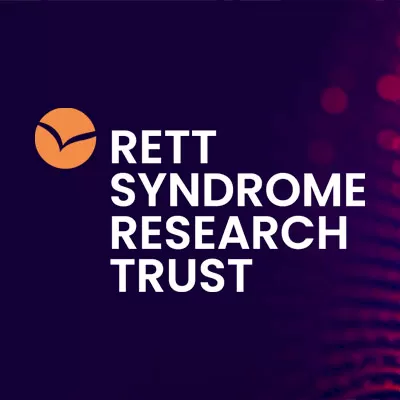
Please register with us. It takes only a minute. This will give you access to our research updates, and information about webinars and other activities.
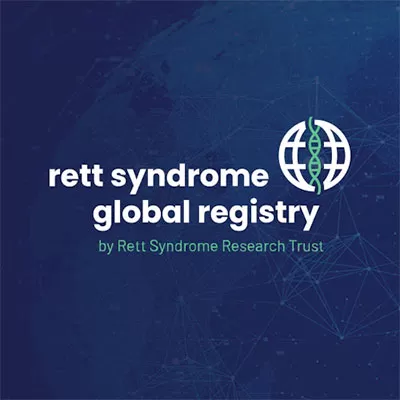
Join the Rett Syndrome Global Registry and help us to advance cures. The information you possess about your child is priceless. Put that information to work and help your child and the entire Rett community.
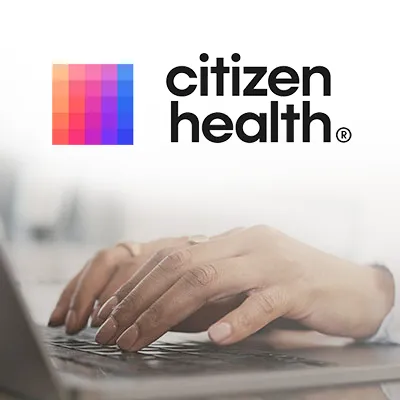
Join the digital natural history study. Share your child's electronic medical records and help us learn more about Rett syndrome while advancing drug development efforts. US only for now.
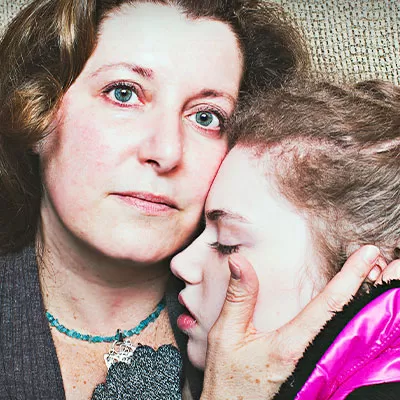
There has been one constant in the Rett world since 1999, our founder and CEO, Monica Coenraads. She has a daughter with Rett and can answer your questions with knowledge and empathy.
Monica Coenraads, | monica@rsrt.org | 203.445.0041
Thriving with Rett
We are advancing cures. But until we have them, we and our children need to live fulfilling, healthy, happy lives. We’d like to help you thrive with Rett. We encourage you to contact us and talk to us. We don’t have all the answers, but we have experience living and thriving with Rett, and we are eager to help.
We also offer our Thriving with Rett Guides to provide important information and resources. These guides are written by experts in each field who have experience working with children or adults with Rett syndrome. They are designed for both newly diagnosed families and for families who have had the diagnosis for years. We hope you find them useful.

About Rett Syndrome
Imagine the symptoms of autism, cerebral palsy, Parkinson’s disease, epilepsy, and anxiety disorder… all in one little child.
Rett syndrome is a serious, lifelong neurological disorder that is caused by random mutations in a gene called MECP2. Diagnosed primarily in girls, symptoms typically appear in toddlerhood. Many children with Rett are unable to speak, walk, or use their hands. Breathing problems, feeding tubes, seizures, anxiety, and gastrointestinal and orthopedic issues are common.
Despite the debilitating nature of Rett, our children are so much more than a laundry list of symptoms. Their beauty and their strength inspire and motivate us.
Rett syndrome stands apart from other neurological disorders due to the dramatic reversibility of symptoms in animal models. Our confidence that Rett syndrome is curable guides our every decision.
Although rare, boys can also have Rett syndrome. Please visit our Genetics Primer to learn more. With the exception of the MECP2 Reactivation strategy all the research that RSRT supports is also applicable to boys.
Global Registry
Imagine the power of Rett parents worldwide aggregating their knowledge and sharing it with clinicians and biopharma while improving their ability to care for their own child. We are making it happen. #ParentPowered

Rett Fact Cards
Next time you find yourself answering questions about your child and Rett syndrome with people you meet at a restaurant, school function, or standing in line at the grocery store, whip out a personalized Rett Fact Card with your child on it and some important details on how they can get involved. It takes minutes to fill out the form and we'll get you everything you need to get started.








